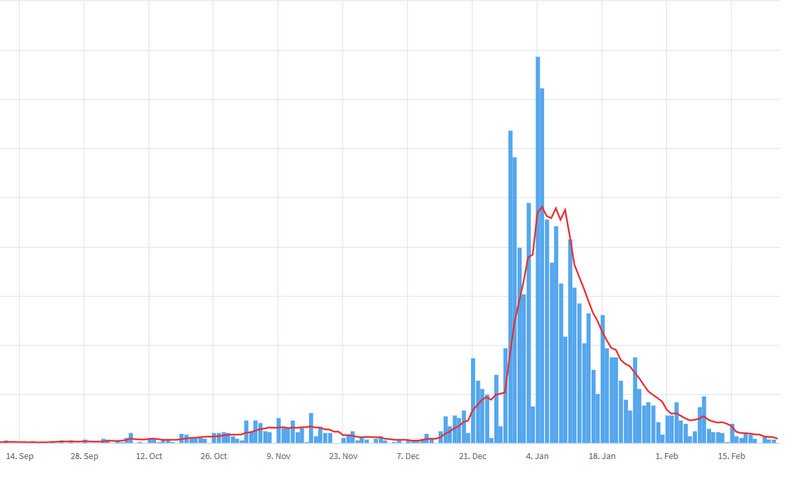
The Isle of Wight's pre-Christmas Tier 1 coronavirus restrictions caused a major spike in infections on the Island.
A lack of enforced social distancing led to the spike in cases on the Island in December and January, according to the Island’s Public Health Chief.
Asked if we would ever understand how the Island had such an extremely rapid rise in infections, Director of Public Health for the Island, Simon Bryant said it was not about a particular community, but about social distancing not being strongly enforced - which was in line with the national Government guidance.
Following the second national lockdown in November, the Isle of Wight fell into the Tier 1 category — one of only three areas to do so — which gave some of the most relaxed guidelines.
With low coronavirus rates, people could eat at restaurants, groups of six could meet and weddings could have up to 15 guests.
At the time, public figures including the Island’s MP, council leader and health officials urged people to remain cautious and follow guidelines so cases remained low.
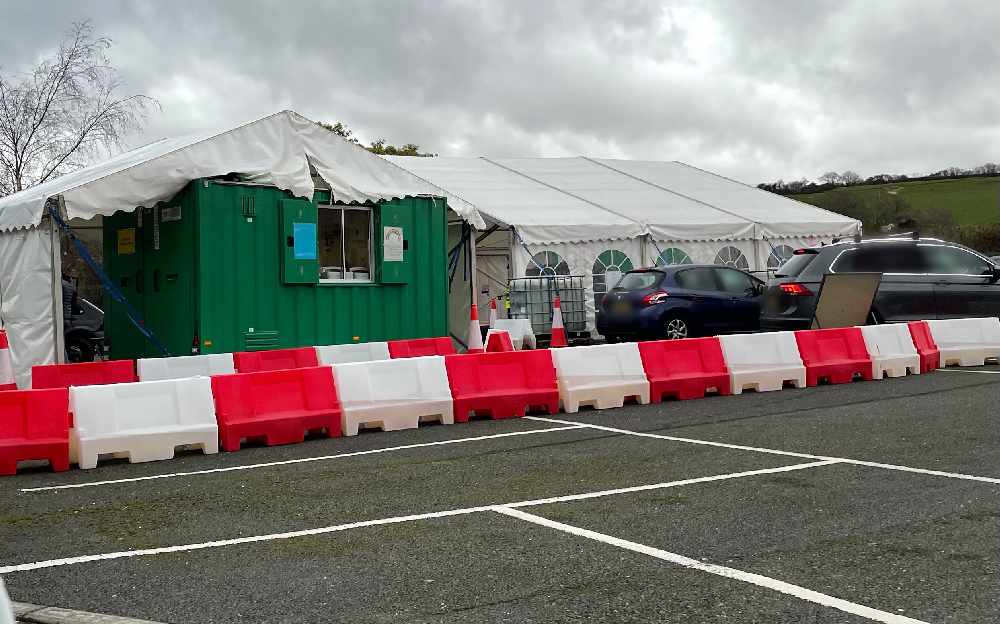
COVID testing centre, Newport
However, from mid-December the more transmissible Kent COVID variant in Kent spread rapidly through the community - with the Island only now starting to see a tail-off in cases.
At one stage in January, hundreds of new cases were being recorded each day and more cases were found in January than in the entirety of 2020.
At a meeting of the Isle of Wight Council’s policy and scrutiny committee for health and social care, Cllr Andrew Garratt asked Mr Bryant whether we would be able to understand just how it spread so much more on the Island than in other regions of the country, not just for answers now but for any future pandemic planning.
Mr Bryant said it was down to a number of factors but confirmed the large spread was absolutely connected to the Kent variant and social distancing was not as strong.
One of the challenges the Island faced, Mr Bryant said, was in areas where there were fewer infections, so people were able to catch it as there was less community immunity.
He said:
“It is not about a particular community; it was about social distancing and that not being strongly enforced, in line with the national Government.
“That enabled spread through our community fairly quickly and it is household spread that does it as we know indoors spread much greater than outdoor.”


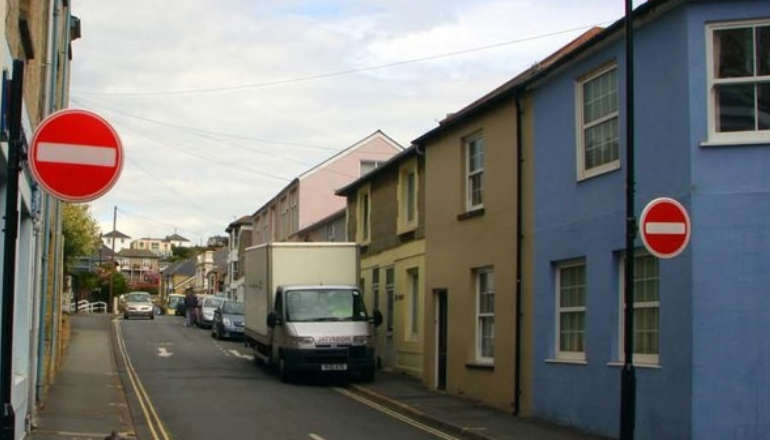 Three Arrested Following Reports Of Woman In Possession Of Firearm In Ventnor
Three Arrested Following Reports Of Woman In Possession Of Firearm In Ventnor
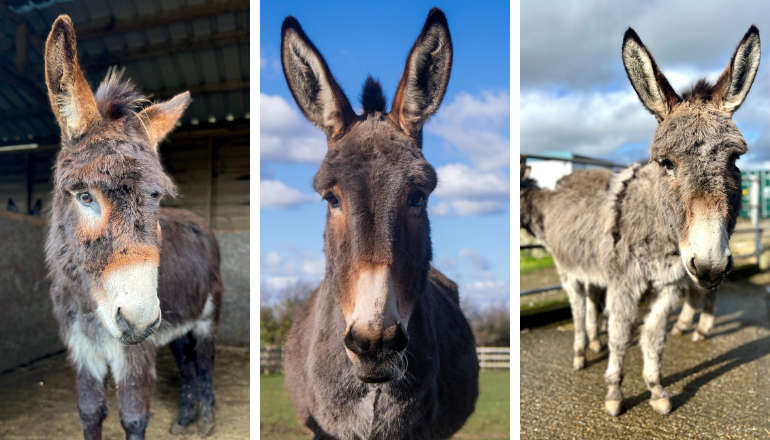 Isle Of Wight Donkey Sanctuary Welcomes 12 New Animals To Its Herd
Isle Of Wight Donkey Sanctuary Welcomes 12 New Animals To Its Herd
 Introduction Of Second Homes Premium – What You Need To Know
Introduction Of Second Homes Premium – What You Need To Know
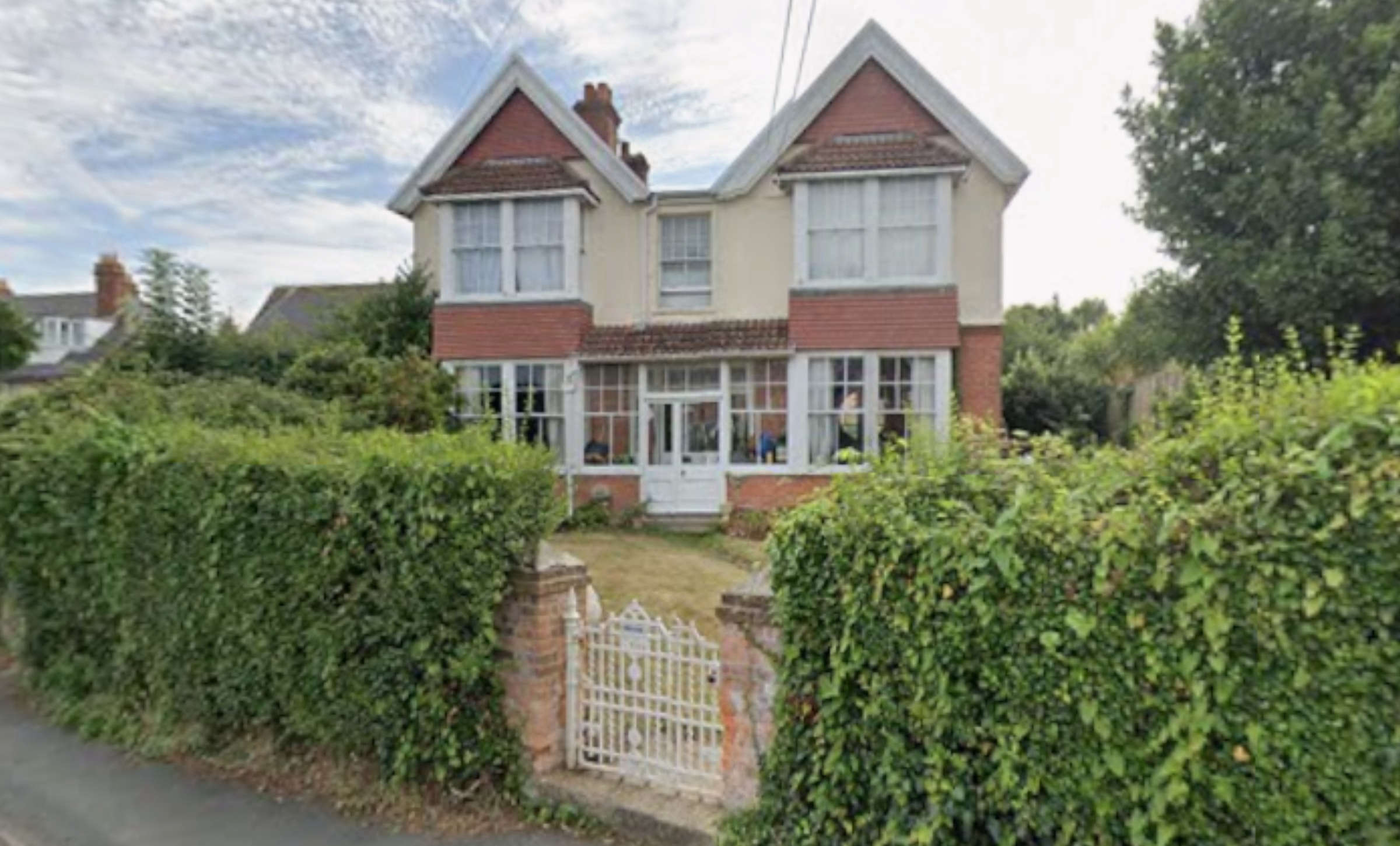 Large Villa-Style Property Could House Four New 'Starter Homes' In Totland
Large Villa-Style Property Could House Four New 'Starter Homes' In Totland
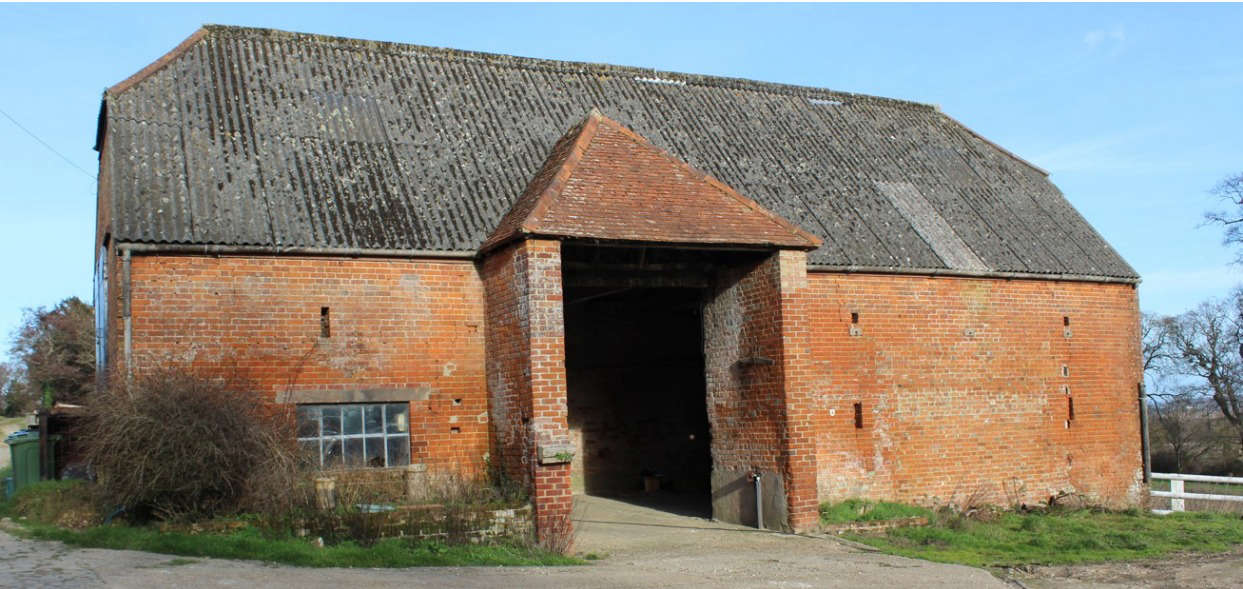 Dutch Braai Restaurant And Weddings Venue: New Plans Revealed For Disused Barns
Dutch Braai Restaurant And Weddings Venue: New Plans Revealed For Disused Barns
 Wave Of Acts Announced For Isle Of Wight Festival 2025
Wave Of Acts Announced For Isle Of Wight Festival 2025
 Discontent With Island Health And Social Care Services On The Rise Again — Report
Discontent With Island Health And Social Care Services On The Rise Again — Report
 Investigation Underway Following Death Of 28 Year-Old Man In Ryde
Investigation Underway Following Death Of 28 Year-Old Man In Ryde
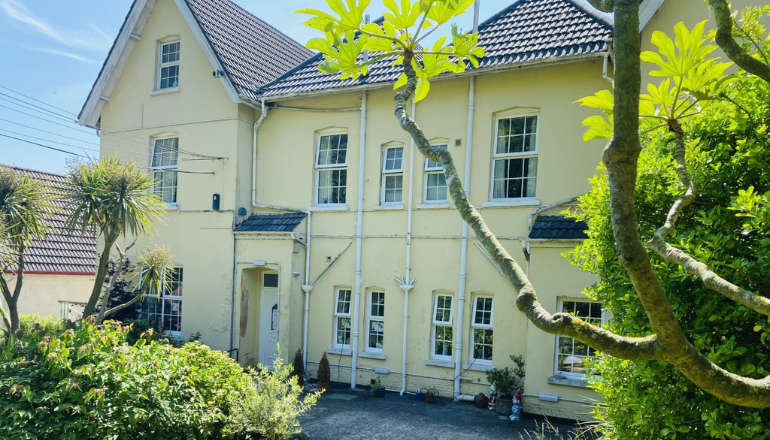 Former Ventnor Care Home Could Be Turned Into 'High Quality Housing'
Former Ventnor Care Home Could Be Turned Into 'High Quality Housing'
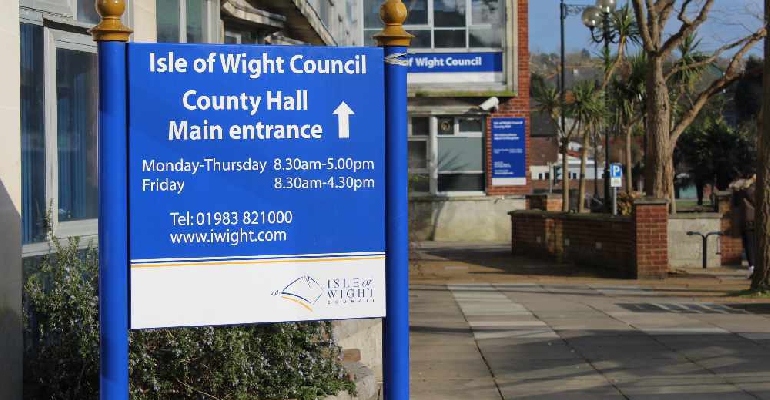 Isle Of Wight Council Fighting To Maintain Status Quo In Face Of Local Government Reorganisation Plans
Isle Of Wight Council Fighting To Maintain Status Quo In Face Of Local Government Reorganisation Plans
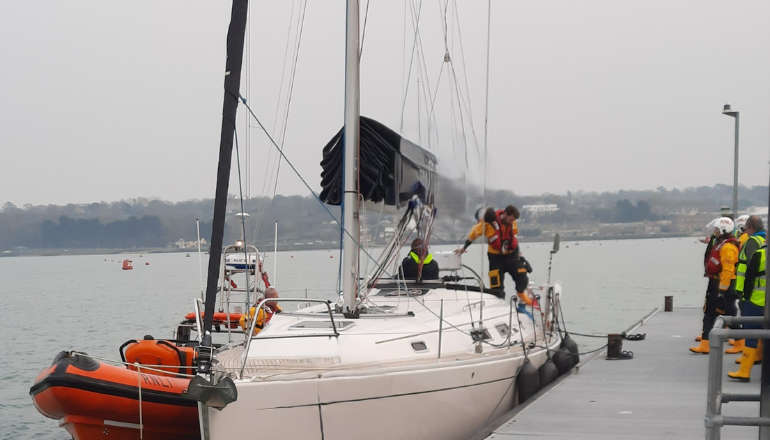 Cowes Lifeboat Team Saves The Day With Rescue Of Crippled Yacht
Cowes Lifeboat Team Saves The Day With Rescue Of Crippled Yacht
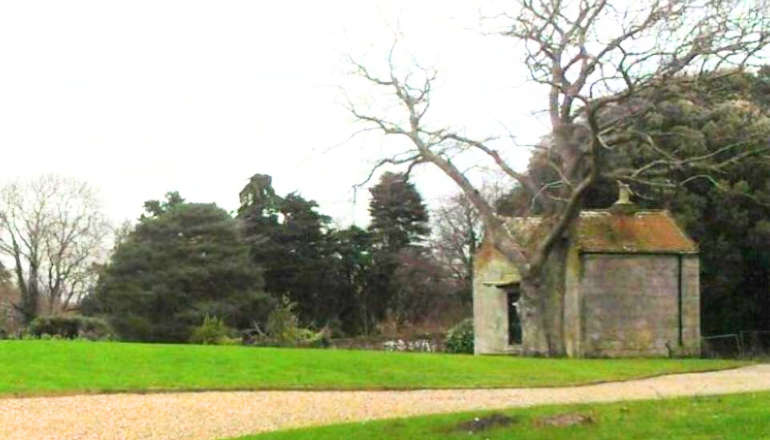 Historic Shanklin Summerhouse To Be Converted Despite Local Opposition
Historic Shanklin Summerhouse To Be Converted Despite Local Opposition
 Teenagers In Drug Arrest Following Coppins Bridge Police Pursuit
Teenagers In Drug Arrest Following Coppins Bridge Police Pursuit
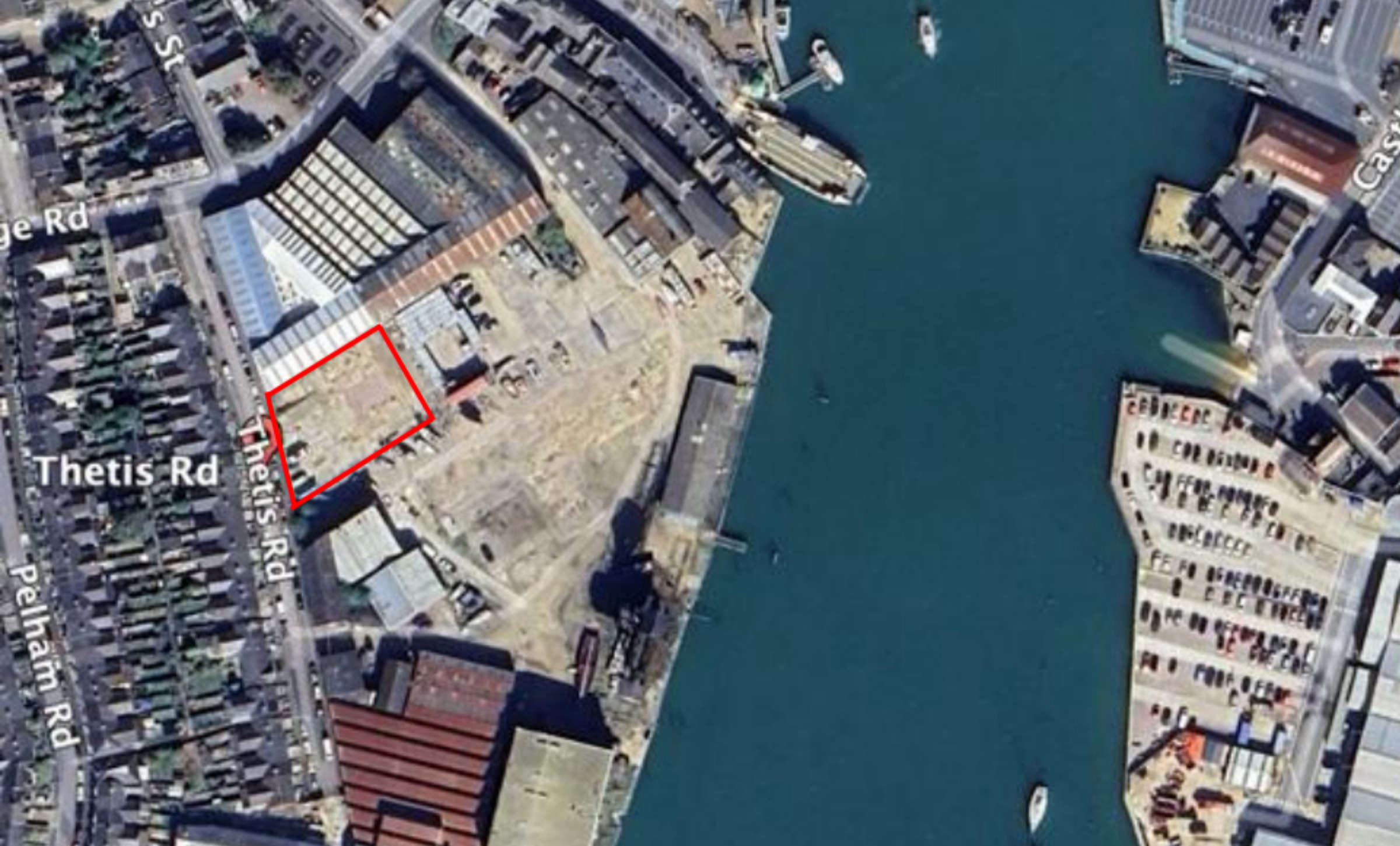 New Warehouse Could 'Support Expanding Companies' And 'Deliver Islander Employment Opportunities
New Warehouse Could 'Support Expanding Companies' And 'Deliver Islander Employment Opportunities
 Tax Breaks Could Be Set To End For Isle Of Wight Private Schools
Tax Breaks Could Be Set To End For Isle Of Wight Private Schools
 Hundreds Attend Island’s Careers, Jobs And Apprenticeships Fair
Hundreds Attend Island’s Careers, Jobs And Apprenticeships Fair
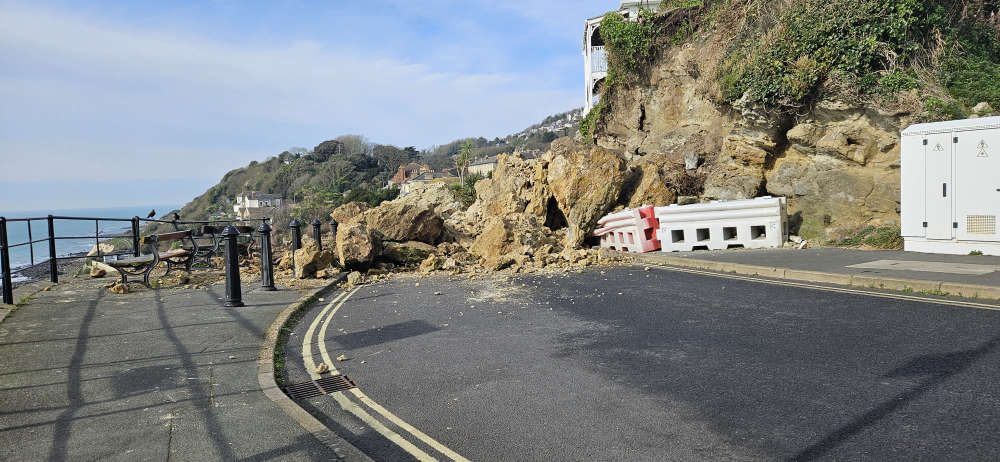 What A Mess — Timeline Of Ventnor Road Repairs In Limbo Following Latest Collapse
What A Mess — Timeline Of Ventnor Road Repairs In Limbo Following Latest Collapse
 Police Pursuit Sees Man End Up In River Medina
Police Pursuit Sees Man End Up In River Medina
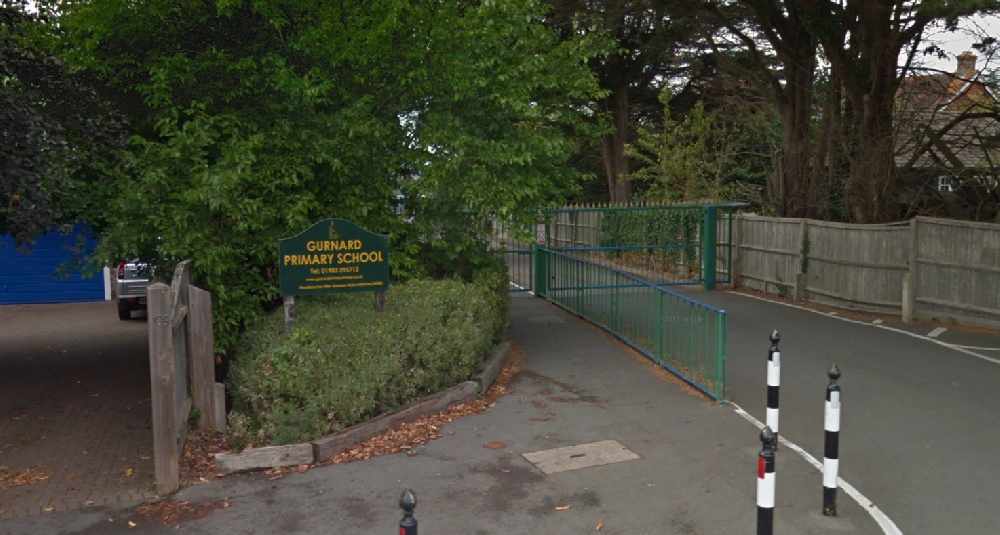 Gurnard Primary School Shines In Latest Ofsted Inspection
Gurnard Primary School Shines In Latest Ofsted Inspection
 Education Cabinet Member Urges Deferral Of School Closures Decision
Education Cabinet Member Urges Deferral Of School Closures Decision


